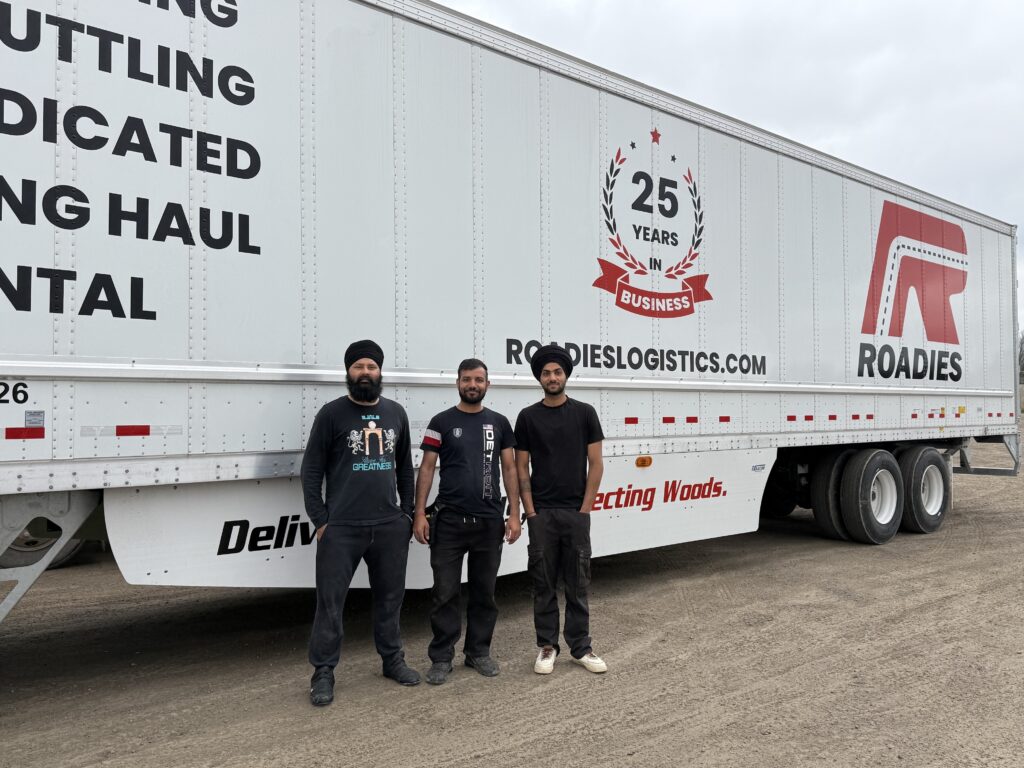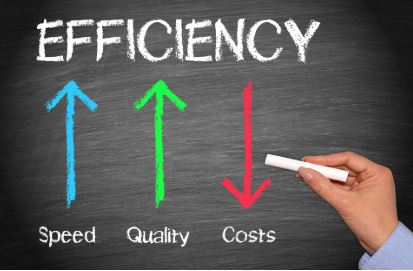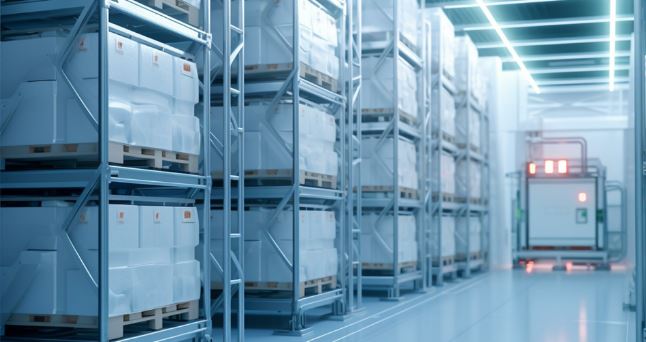When it comes to acquiring trailers for your fleet, one of the most important decisions you’ll face is whether to lease or buy. At Transit Trailer, we understand that the choice between trailer leasing vs. buying depends on your business needs, budget, and long-term goals. In this guide, we’ll explore the benefits and drawbacks of each option to help you determine the best solution for your fleet.
Trailer Leasing: Pros and Cons
Leasing a trailer can be an appealing option for businesses looking for flexibility and lower upfront costs. Here are some key benefits and potential drawbacks of leasing trailers:
Benefits of Leasing Trailers:
Lower Initial Costs Leasing allows you to conserve capital by avoiding large upfront payments. Instead, you pay smaller monthly fees, making leasing an attractive option for businesses with tight cash flow or those looking to invest in other areas of their operations.
Flexibility and Short-Term Commitment One of the biggest advantages of leasing is flexibility. With shorter lease terms (typically 2-5 years), businesses can adapt quickly to changing needs by upgrading their fleet with newer models without the long-term commitment of ownership.
Maintenance and Service Included Many trailer leasing agreements come with built-in maintenance and service packages. This means fewer worries about repairs and the associated costs, as the leasing company often handles regular maintenance and any necessary repairs under warranty.
Tax Deductions Lease payments are often considered an operational expense, making them tax-deductible. This can lower your taxable income, making leasing a financially advantageous option for many businesses.
Drawbacks of Leasing Trailers:
Higher Long-Term Costs While leasing can save you money upfront, over time, it may cost more than purchasing a trailer outright. If you continue to lease trailers year after year, the cumulative cost may exceed the price of buying.
Limited Customization Leasing agreements often limit the customization options available for your trailers. If your business requires specific features or unique configurations, leasing may not be the ideal solution.
Mileage and Usage Restrictions Many leasing contracts come with mileage limits and restrictions on how much you can use the trailer. Exceeding these limits can result in additional fees, which can add up if your business relies on high-volume transportation.
Purchasing Trailers: Pros and Cons
Buying trailers offers several long-term advantages, including full ownership and flexibility in customization. However, it also comes with a higher initial cost. Here’s a breakdown of the benefits and drawbacks of purchasing trailers:
Benefits of Buying Trailers:
Full Ownership The most significant advantage of buying is full ownership. Once you’ve paid for the trailer, it’s yours to use as you see fit, without worrying about mileage restrictions or lease terms. This provides long-term value, especially for businesses that plan to keep trailers for several years.
Customization Flexibility When you buy a trailer, you have the freedom to customize it to fit your business’s specific needs. Whether you need a dry van, reefer, or flatbed, ownership allows you to select the configuration and features that best serve your operations.
Lower Long-Term Costs Although purchasing requires a larger upfront investment, owning a trailer can be more cost-effective in the long run. Once paid off, you only need to cover maintenance and repairs, without having to make ongoing monthly payments.
Asset Appreciation While trailers typically depreciate over time, owning a trailer allows you to sell it later and recoup part of your initial investment. If your business’s needs change, you have the option to sell or trade in the trailer.
Drawbacks of Buying Trailers:
High Upfront Investment The biggest downside of purchasing a trailer is the significant initial investment. If your business has limited capital or requires multiple trailers, the upfront cost can be a financial burden, especially without financing options.
Maintenance and Repair Costs As the owner of the trailer, you are responsible for its maintenance and repairs. Over time, these costs can add up, especially as the trailer ages and requires more frequent repairs or replacements of parts.
Depreciation Unlike leasing, where you can return the trailer after the term ends, purchased trailers lose value over time. This depreciation means that you may not recover the full value of the trailer when it’s time to sell it.
Trailer Leasing vs. Buying: Which Option Is Right for Your Business?
The choice between leasing or buying a trailer ultimately depends on your business’s financial situation, fleet management needs, and long-term goals. Here are some important questions to consider:
How often do you need to upgrade your fleet? If you’re looking to stay on top of the latest trailer models, leasing may be a better option. If your fleet is stable and you’re in it for the long haul, buying might be the more cost-effective choice.
What’s your current cash flow? Leasing offers lower upfront costs and is ideal for businesses with limited working capital. On the other hand, purchasing trailers is better for companies that can afford the initial investment and want to avoid ongoing monthly payments.
Do you need specialized trailers? If your business requires customized trailers, buying gives you the flexibility to tailor the equipment to your exact specifications. Leasing is better suited for businesses needing standard models without much customization.
What are your future plans? If your business is growing rapidly and you need the flexibility to scale quickly, leasing offers the advantage of flexibility and easier fleet adjustments. If your business is more stable and you want to build long-term value, purchasing trailers may be a better investment.
Choose the Best Option for Your Fleet with Transit Trailer
At Transit Trailer, we offer a wide range of leasing and purchasing options to suit your business’s unique needs. Whether you need flexible leasing agreements or want to invest in owning your fleet outright, our experts are here to help you make the right choice.
Contact Transit Trailer today to learn more about trailer leasing vs. buying and discover the best solution for your fleet management needs. Our team is ready to guide you through the process and help you find the perfect trailer solution for your business.








